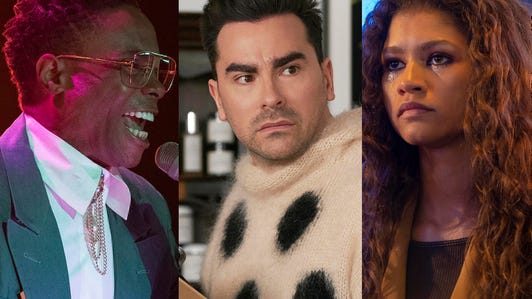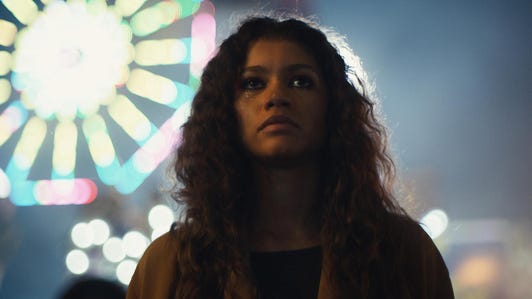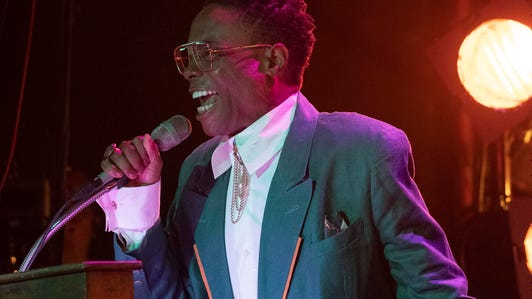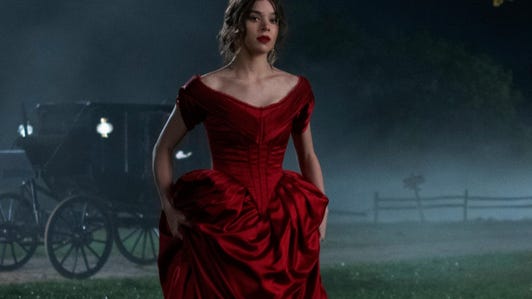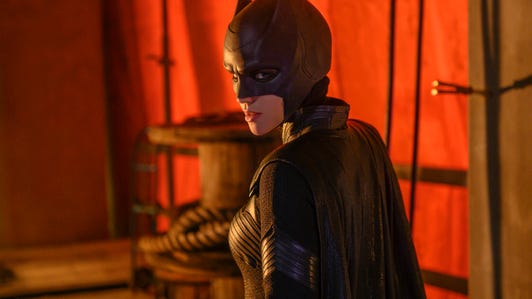
How Streaming Platforms Ushered in a Wave of Queer Representation in India
While Bollywood walks on eggshells around the censorship board, India's streaming services take bolder steps with LGBTQ stories.
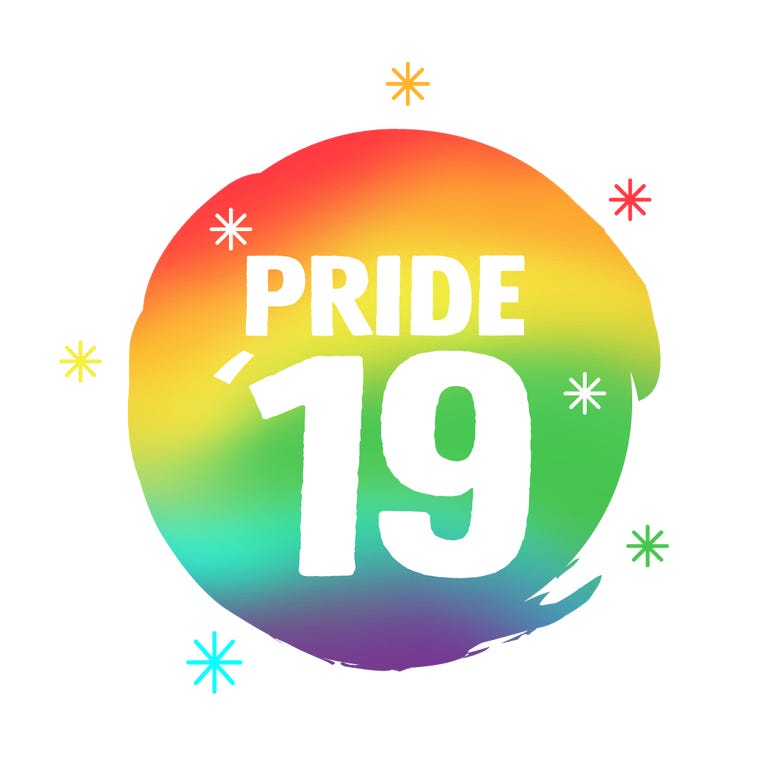
By traditional estimates, the LGBTQ+ population in India stands at 25 million. Although the Indian Ministry of Health told the country's Supreme Court in 2012 there are 2.5 million gays in India, the actual number could at least be 10 times as high according to Indian newspapers. A population that has been given so little representation even in official statistics, visibility in mainstream pop culture has been a significant challenge.
Of the thousands of shows on India's numerous platforms in various languages, there may only be a dozen that feature queer characters. Though this is by no means an enviable count, it nevertheless marks a new dawn in a country where conservative attitudes towards diverse sexualities have suppressed representation. Thanks to the rise of streaming platforms -- from self-produced web shows on YouTube, originals commissioned by homegrown platforms like AltBalaji, Voot, Hotstar and Jio, and international interest from major streaming services like Amazon Prime and Netflix -- this handful of shows are painting the lives of LGBTQ+ Indians in a new, refreshingly normal light.
This trend is relatively new because for years, Bollywood, the country's hugely influential film industry, often wrote gay characters to exploit them for humor. Think flamboyant Disney villains. The first gay kissing scene in Bollywood didn't premiere until the 2012 anthology film Bombay Talkies, which is well outside the circle of marketable bangers likeBajirao Mastani. Such characters could only exist in the peripheries of indie filmmaking and were mostly absent from wildly popular, primarily conservative primetime TV shows that employ stereotypical tropes to exemplify Indian traditional values, excluding anything controversial from chaste onscreen kisses to diversity in gender and sexuality.
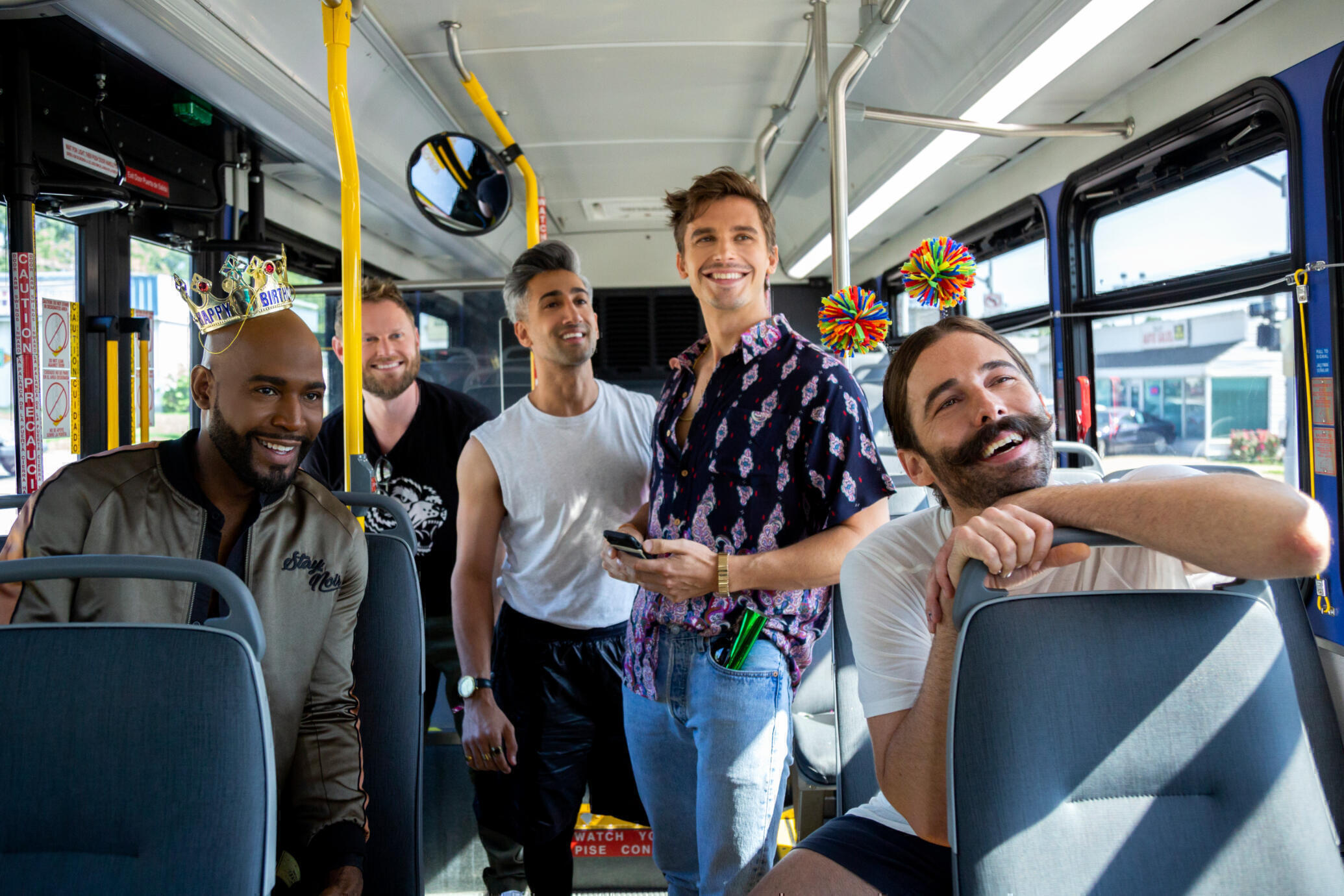
In a deeply religious country where homosexuality was illegal until 2018, India's censorship body frequently intrudes on the creative freedom of filmmakers by simply refusing to certify films with progressive themes (or suggesting too many cuts), which meant they can't be distributed to theaters. Creators have little incentive to touch queer stories, even if they are queer themselves. With the proliferation of streaming services however, things are beginning to look different. As internet content providers, these platforms don't yet fall under the purview of India's censors and are free from its shackles. The unfettered freedom to operate on the internet has made queer content blossom everywhere.
At first, queer media was self-produced and uploaded onto open source platforms like YouTube. Take, for instance, Bengaluru based director Roopa Rao's 2016 web show The Other Love Story, touted as India's first lesbian show. Rao decided to release the show on YouTube because she wanted her show to be viewed without the burden of paid subscription.
A modest story of sexual awakening between two girls, set in a time when the internet hadn't started making inroads, The Other Love Story is wistful and aided by thoughtful direction and brilliant performances. Rao made the show with crowdsourced money but recollects how some of her backers pulled out, fearing repercussions, after realizing the show is a lesbian love story. "These are the stories that happened regularly in my neighborhood but were never talked about openly. When I moved to the US to work and saw how the rest of the world is open about same-sex relationships but how in India it's still hush-hush, I felt the need to fill the void," Rao said to TV Guide.
The show won her the best director award at the NYC Web fest in 2016 and has clocked more than 60 million total views on YouTube since then. With this huge success, the shame of touching what was so far a taboo subject withered. The last time India saw a lesbian love story dealt with sensitively was in the Bollywood film Fire in 1996 but that caused nationwide riots.
As affordable internet permeates rural India, paving the way for an upsurge in the consumption of mobile media, new streaming platforms and diverse content are proliferating the country. India's streaming wars are gradually simmering to reach a boiling point, bringing with them a quest for interesting themes, insofar unexplored. This emboldened homegrown streaming services like AltBalaji, Voot, and Hotstar to experiment with queer stories. Now, every producer worth their salt wants to cash in on diverse sexualities.
While shows on these homegrown Indian platforms are a massive step forward in terms of representation simply because they exist, they also often reduce queer identities to stereotypes, written with the exact audience the censorship board caters to in mind. In a brutally competitive landscape aimed to grab eyeballs, in a desperate attempt to generate buzz, sensitivity is all but lost in the din. Shows like AltBalji's Romal & Jugal features textbook stereotypes of gay characters while DevDD's lesbian characters exist for the sole purpose to titillate straight men.
Devika Vatsa, a Mumbai based budding actor auditioned for a lesbian role on a show set to air on a homegrown platform but ended up declining the offer. "I have no problem in doing a lesbian role or intimate scenes but I feel like it needs to flow organically as part of the story," said Vatsa. "It felt like the role was written with an intention to needlessly sensationalize the lesbian character's exploits with life." Luckily, Vatsa went on to find a queer character worth playing in a show called It's Not That Simple on the streaming platform Voot.
Screenwriter Aditya Basu, who is currently involved in writing two as-yet-untitled shows with queer characters for the streaming services Jio and Hotstar, acknowledged that though in some ways he's really heartened by the explosion of representation, the industry is still prone a lot of problematic portrayal of sexual minorities. "The portrayal of an LGBTQ+ character doesn't have to be limited to issues around sexuality. It's distasteful when people sensationalize with an intent to exploit. In fact, such problematic portrayals can be harmful when an uninformed viewer watches it," said Basu.
Unsurprisingly, streaming giants Netflix and Amazon have brought forth some of the most nuanced representation of queer Indians. With the budgets to create high-quality productions and an understanding of not only Indian but international markets, they have the ability to take risks that local platforms can't. After all, compared to homegrown streaming platforms, the sun never sets on the Netflix or Amazon empires. Combining Indian talent, ingrained sensitivity to a creator's vision, and a worldwide platform, these giants are giving queer storylines the weight they deserve in India.
Case in point, Netflix's big hit Sacred Games, which debuted last year, was adapted from the eponymous book by Vikram Chandra and portrayed a transgender teen falling in love and being loved in return. Another series Selection Day, set against the backdrop of cricket adapted from Aravind Adiga's book of the same name, explores the budding romance between two boys in a conservative society. Prime's Made in Heaven, released this year, opened the floodgates on debates about the portrayal of sexual minorities onscreen with an incisive portrayal of its lead gay character.
Uday Bhatia, a film critic and editor at the business newspaper Mint Lounge, said Made in Heaven's Karan is "quite a leap."

"By linking Arjun Mathur's character explicitly in the last episode to the fight to abolish Section 377, the showrunners are making a broad statement. But what I found interesting was the way the Mathur character's relationships and missteps are treated with the same forthrightness as those of the straight characters on the show," he added.

One of Made in Heaven's writers Alankrita Shrivatsava believes what worked in the show's favor was an empathetic gaze, fostered by the women behind the scenes who wrote and created the series. Shrivatsava said she's aware that sometimes women are unintentionally working through the male gaze and perpetuating the same stereotypes of straight men while trying to fit into a professional industry. Made in Heaven was written with the exact opposite sensibility.
That wouldn't have been possible if they weren't working in an environment without the shadow of censorship board scrutiny. "It was a free space. We wrote what we wanted to write. I think Amazon was a really great partner in this. They were supportive. I didn't feel like there was anything restricting our creative freedom, it was a great relief," she added.
For Netflix, the motivation to humanize the transgender character Kukoo (Kubra Sait) in Sacred Games is audience engagement. "We want to tell powerful stories with authentic characters, including compelling LGBTQ stories that resonate with the audience," a Netflix spokesperson wrote in an email. "In Sacred Games, Kukoo is a key character with motivations, desires, and expectations similar to any other character in the series and in real life. Her gender is a lens through which her lived experience is portrayed, but it is also not the only factor that shapes the audience's view of her character." Sacred Games did raise some red flags in the transgender community: mainly due to the fact that Kukoo was played by a cisgendered actor, and because she was killed off in the series. But the acceptance she found in her relationship, and the fact that she had motivations outside of her label were huge steps in Indian pop culture.

Kukoo in Sacred Games.
As long as streaming services continue to operate without the direction of India's draconian censorship board that regulates films and television broadcast rules, there is hope this diversity will last. Recently major streaming services that operate in India came together with the help of the industry body Internet and Mobile Association of India (IAMAI) to form regulations to self-regulate their content even as this has sparked conversations about self-censorship.
In a multi-ethnic-religious society like India where laws on offending religious beliefs are still prevalent and enforced, the services are walking a tightrope to not attract the ire of India's Information and Broadcasting ministry and a largely conservative viewing demographic.
People like Shrivatsava hopes censorship for web shows never comes to pass. "I don't think the censor board should have the power to cut anything," she said. "Censorship and democracy don't go hand in hand. We are free citizens and we should be able to watch what we want to watch."
Prathap Nair is an Indian independent journalist who writes on culture, environment, food, gender and sexuality. He is now based in Germany and tweets @thesunlitwindow.
